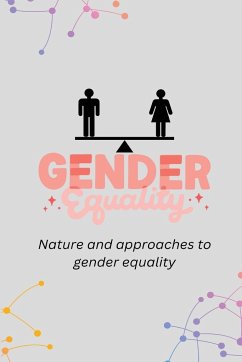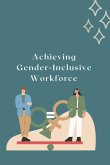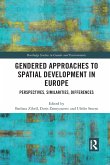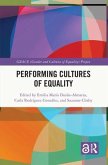One of the global challenges in the contemporary world is that of the status of women taking the centre stage of politics of development. With the UN Charter as a symbol of equality, peace and development, there have been a number of significant international legal instruments on women's rights, freedoms and women's development. Such international exercises brought some positive changes in each and every country though differing in levels of their implementation. The UN brought commitments for the states to adopt gender perspective so as to bring in more equality between women and men. On the other hand, few areas of violation of human rights of women were identified by the international community namely, religion and society, abuse within the family, physical violence against women, abuse of socio economic rights, political participation, prosecution and crimes against women etc. This scenario calls for the understanding of gender and its relevance in the area of international relations in general. Understanding gender and gender relations The concept of gender is a cross cutting socio cultural variable and needs to be understood as such. It is also an extended variable in the sense that gender can also be appropriate to all cross cutting variables such as race, caste, class, age, ethnic group etc. It is a socio-cultural framework in which gender organizations are established that decide what is anticipated, permitted and valued in a woman or man, boy or girl in a specific situation. Gender stereotyping roles are learned through socialization processes: they are not permanent but are changeable and vary from society to society. Gender arrangements are institutionalized through education systems, political and economic systems, legislations, culture and traditions, religion and superstition. In making use of gender approach, the centre of attention is not on individual woman and man but on the system which establishes gender roles and responsibilities, access to and control over resources and decision making which affects them.1 It is also worth mentioning that the gender concept is not restricted to women only. Gender expression includes women as well as men and their interrelationship.







